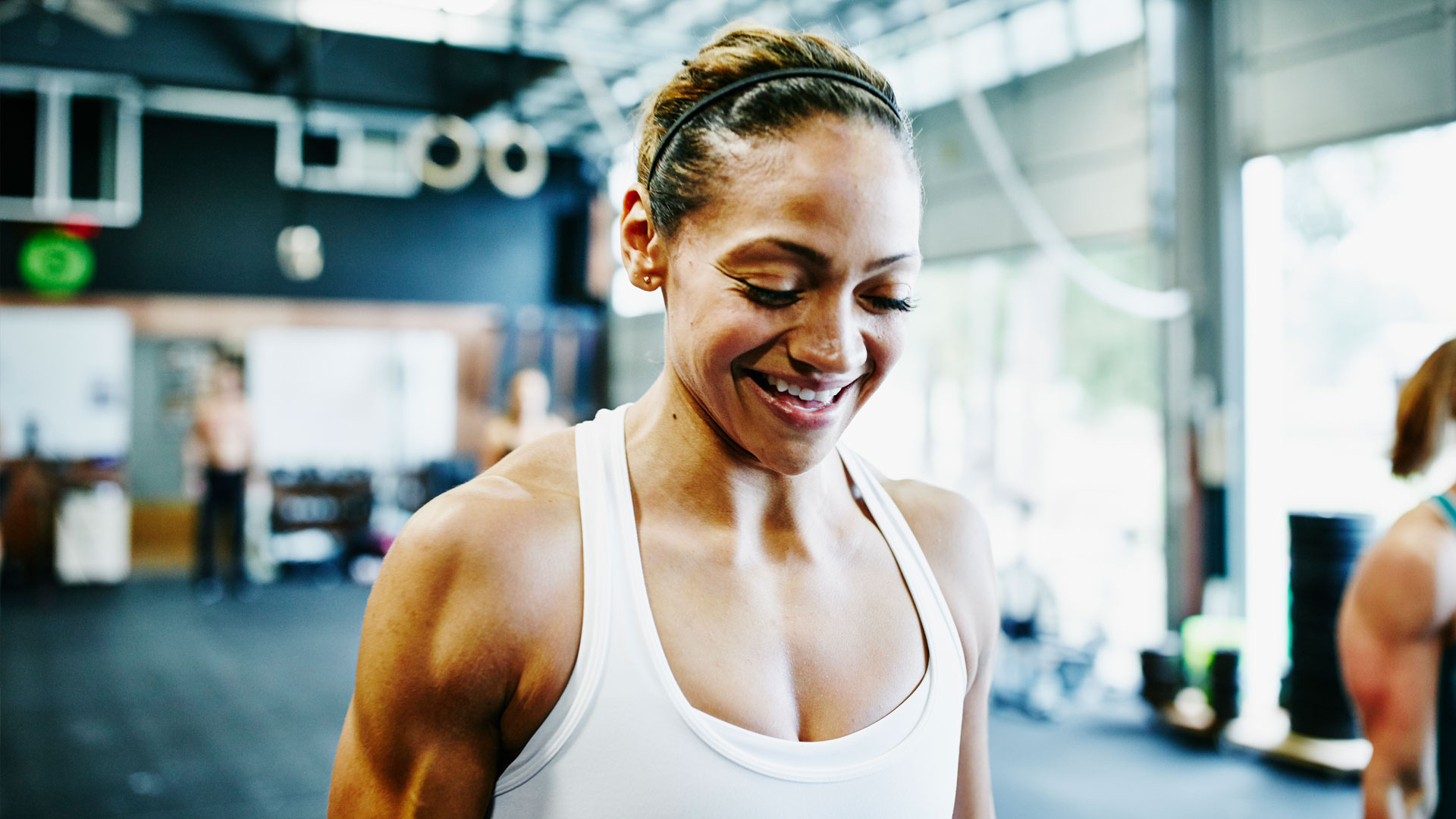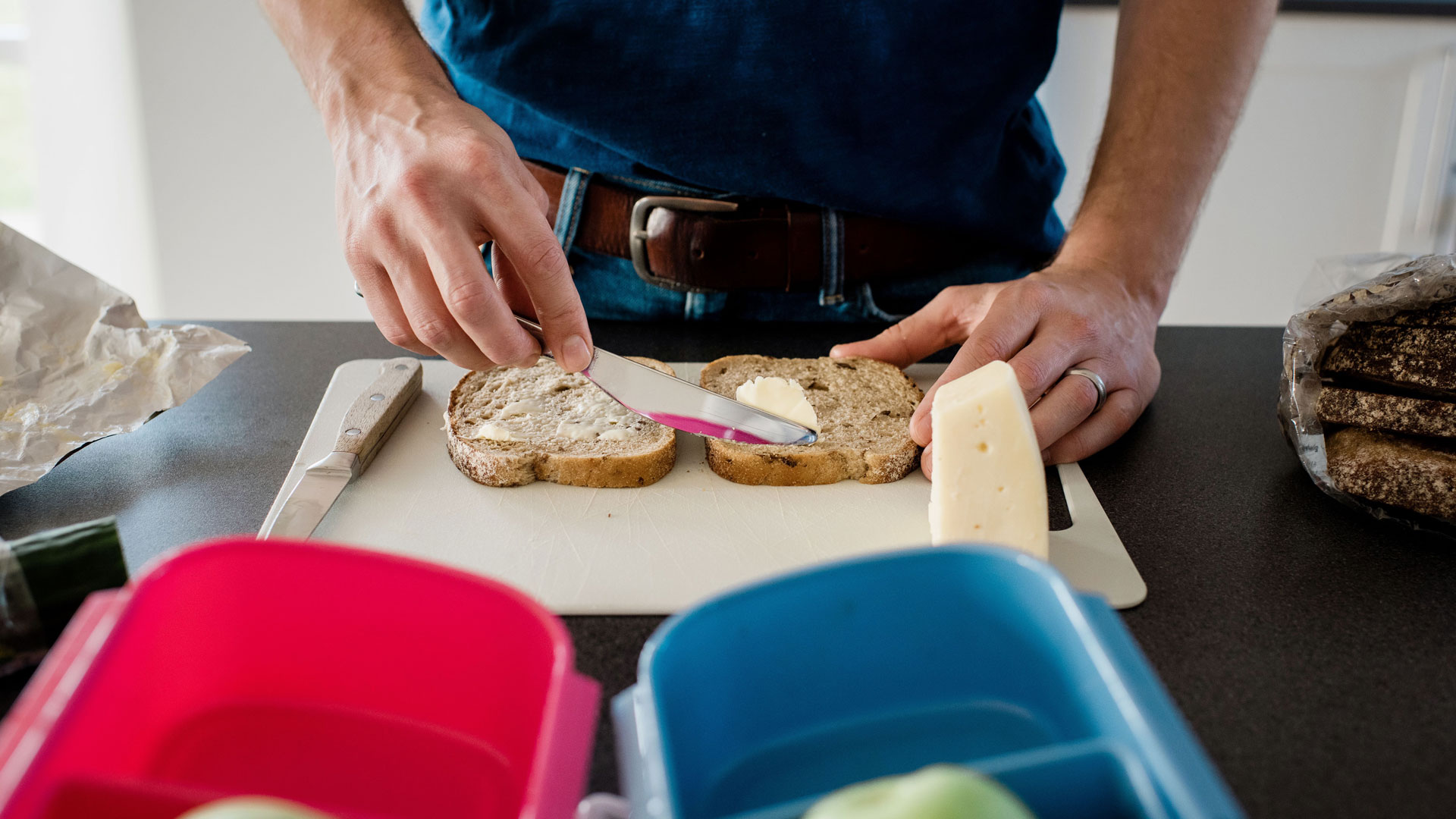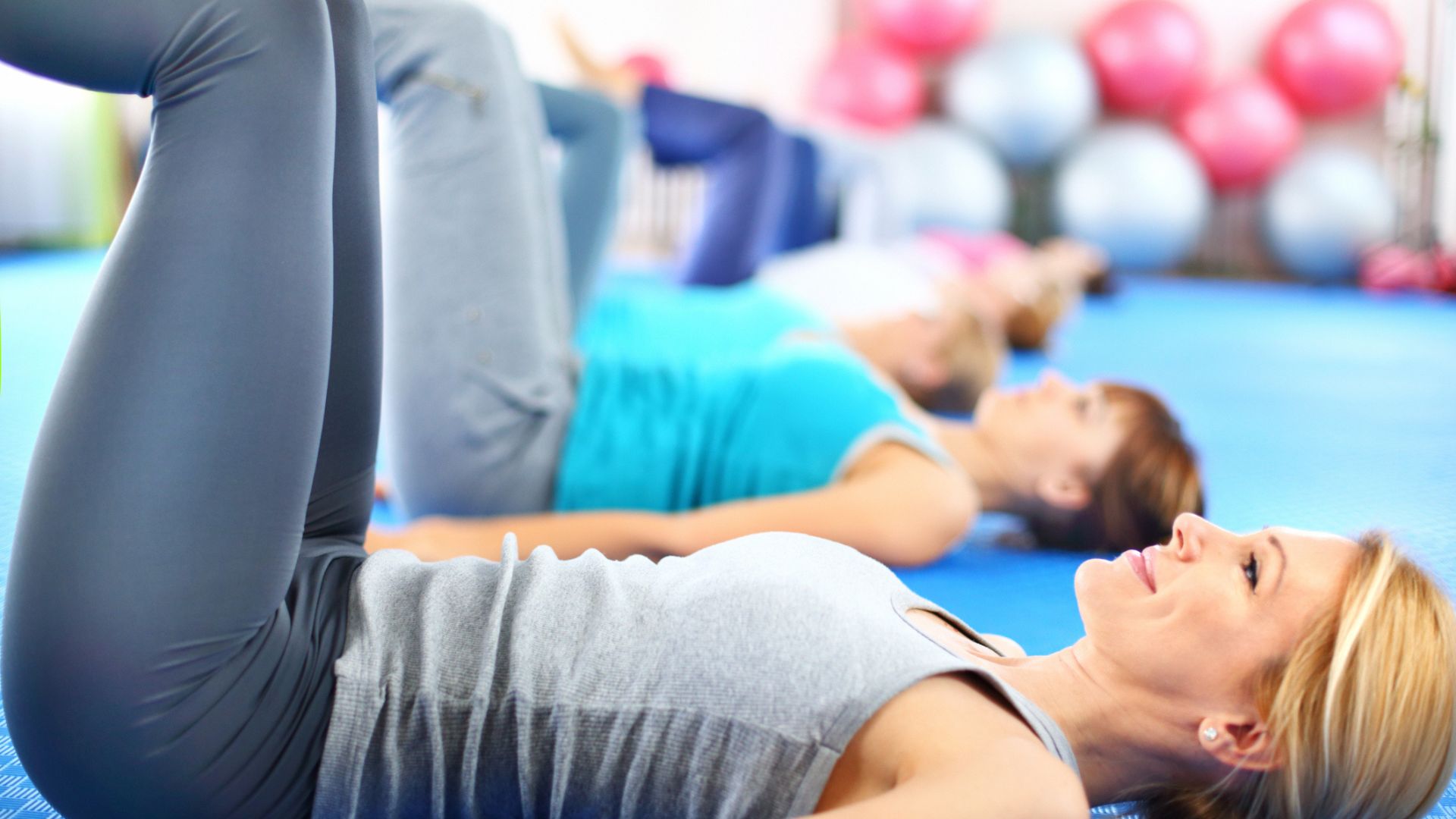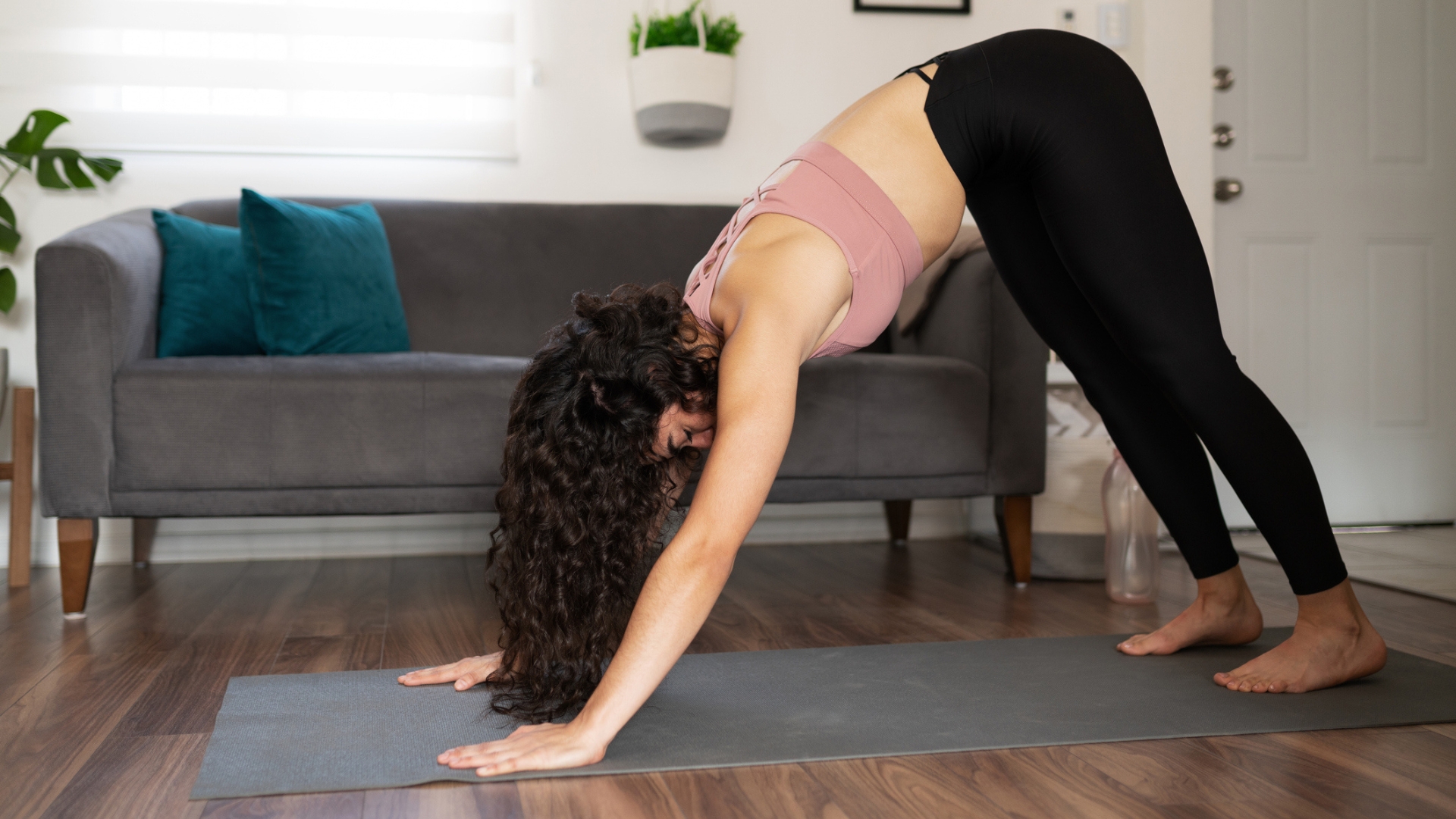Do you need carbs to build muscle?
Do you need carbs to build muscle? We spoke to a nutritionist to find out


We all know protein is an important nutrient when training but do you need carbs to build muscle? When you’re trying to build muscle, you may put all your focus on upping your protein intake but carbohydrates also play a vital role. Researchers and nutritionists believe that a balanced diet of proteins, carbs, and fats will help you build muscle when used in conjunction with weight training (a perfect excuse to bag the best adjustable dumbbells around).
The Academy of Nutrition and Dietetics states that a diet including the recommended daily intake of carbs and protein for your body type, in addition to strength training, improves your chances of muscle building. Because carbs and protein play different roles in muscle production, the most efficient muscle gains occur when you have both in your diet. Try not to cut carbs out, thinking that protein is the only nutrient you need.
If you’re wondering whether you need carbs to build muscle, we asked a qualified nutritionist all you need to know.
Does eating carbs build muscle?
Fit&Well spoke to Egzona Makolli, a registered associate nutritionist with a Bachelor’s degree in Human Nutrition and a Master’s degree in Clinical Nutrition from the University of Roehampton. She explains the role of carbohydrates in muscle building.
“Carbohydrates are an essential part of muscle development as they provide the energy required for strength training and replenish glycogen whilst preventing fatigue during workouts. As the body requires energy to complete a workout, a diet low in carbohydrates can prevent enough glycogen from being available and prevent a resistance training workout. Therefore carbohydrates help prevent this by ensuring enough glycogen stores to support an intense workout. Research has shown how essential carbohydrates are in building muscle.”

“If you are aiming to build muscle through long term strength training then your glycogen stores may not be sufficient if you are consuming a low carbohydrate diet and therefore may cut the session short or prevent building muscle due to not being able to perform at your best. Therefore it’s important to include carbohydrates in your daily diet when aiming to build muscle mass. Carbohydrates will fuel your muscles which will allow muscle growth.”
When you eat protein, your body breaks the protein down into amino acids. Those amino acids are what are used to repair and grow new muscle fibers. Research published in the journal Nutrients showed that carbs increase the rate of transportation of amino acids to tissue. Furthermore, carbs increase protein synthesis while decreasing protein breakdown.
Get the Fit&Well Newsletter
Start your week with achievable workout ideas, health tips and wellbeing advice in your inbox.
The Academy of Nutrition and Dietetics states that men and women need about half of their calories from carbohydrates per day. And should focus on good quality carbohydrates that provide dietary fiber, such as whole-grain bread and cereals. Fruits and vegetables, as well as many dairy products, including milk and yogurt, also provide carbohydrates.
If you’re wondering when to eat carbs, according to research, consuming carbs two to four hours before exercise will optimize glycogen stores or muscle energy.
Is protein more important than carbs for building muscle?
Makolli explains, “Both protein and carbohydrates are macronutrients which are essential for building muscle. Protein is the foundation to muscle growth as this macronutrient is necessary for all your body’s daily functions and is essential in growing muscle mass. As research shows how essential protein is in promoting muscle repair and reducing muscle soreness, it’s a key nutrient to build muscle mass.”
“Numerous studies have shown the importance of eating protein to help increase muscle mass and strength but it’s important to know that carbohydrates also fuel a workout to support strength training. Both macronutrients benefit building muscle but in terms of building muscle, protein can be considered more essential as it’s the building block of all muscles.”
The Academy of Nutrition and Dietetics states that protein should make up 10 to 35% of total calories for adults. When you're working out to build muscle with physical activity, your needs may be on the higher end of this range.

The American College of Sports Medicine (ACSM) says that to increase muscle mass in combination with physical activity, it is recommended that a person that lifts weights regularly or is training for an event, eats a range of 1.2-1.7 grams of protein per kilogram of body weight per day, or 0.5 to 0.8 grams per pound of body weight. So, a 75-kilogram individual should increase their protein intake to 75 grams to 128 grams in order to gain muscle mass. This level of intake can generally be met through diet alone but may also involve consuming some of the best protein powders.
The ACSM recommends aiming for three servings of low-fat or fat-free dairy and a three-ounce-equivalent of protein foods (such as fish, beans, poultry, or lean meat) each day, to provide quality sources of protein to help reach that goal. Grains, especially whole grains, also provide some protein but are typically not enough to meet protein needs on their own.
The International Society of Sports Nutrition (ISSN) says that the optimal time period during which to ingest protein is likely a matter of individual tolerance since benefits are derived from pre-or post-workout ingestion; however, the anabolic effect of exercise is long-lasting (at least 24 hours), but likely diminishes with increasing time post-exercise.
For more on this, check out our feature on which foods build muscle?
Catherine is a freelance journalist writing across titles such as Verywell Health, Healthline, The Daily Telegraph, Refinery29, Elle, and Vogue. She specializes in content covering health, fitness, wellness, and culture. A once reluctant runner, Catherine has competed in 30 running events in the past five years and looks forward to one day running the London Marathon.
-
 A Pilates instructor says this is the beginner-friendly core exercise everyone should try
A Pilates instructor says this is the beginner-friendly core exercise everyone should tryForget crunches, this is the perfect foundation move
By Alice Porter Published
-
 Prevent poor posture and release tension from sitting down with these four simple stretches from a yoga instructor
Prevent poor posture and release tension from sitting down with these four simple stretches from a yoga instructorThe daily poses he swears by, no matter what
By Alice Porter Published